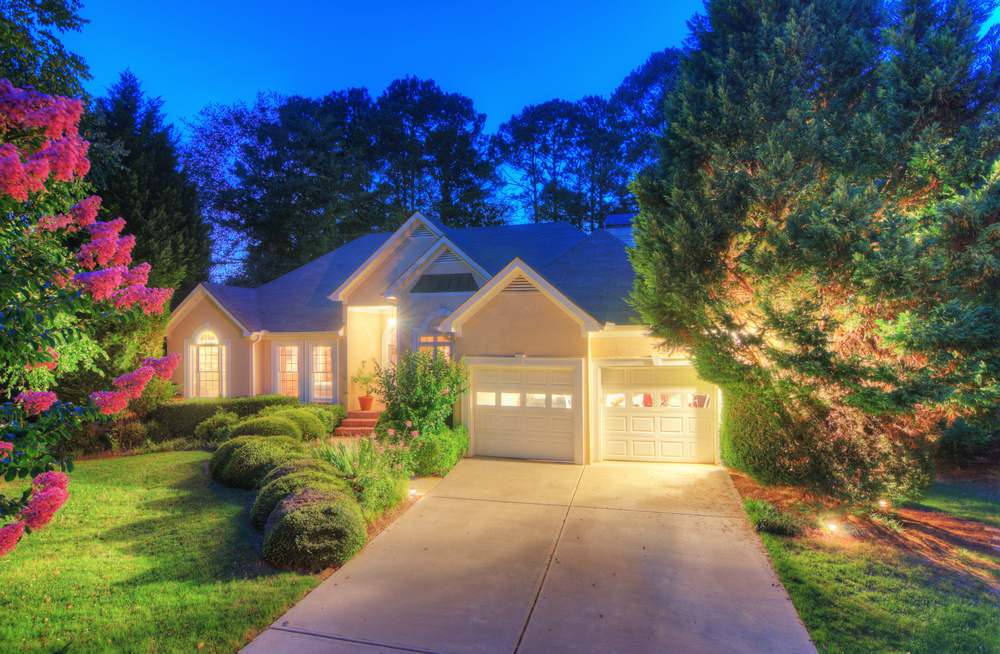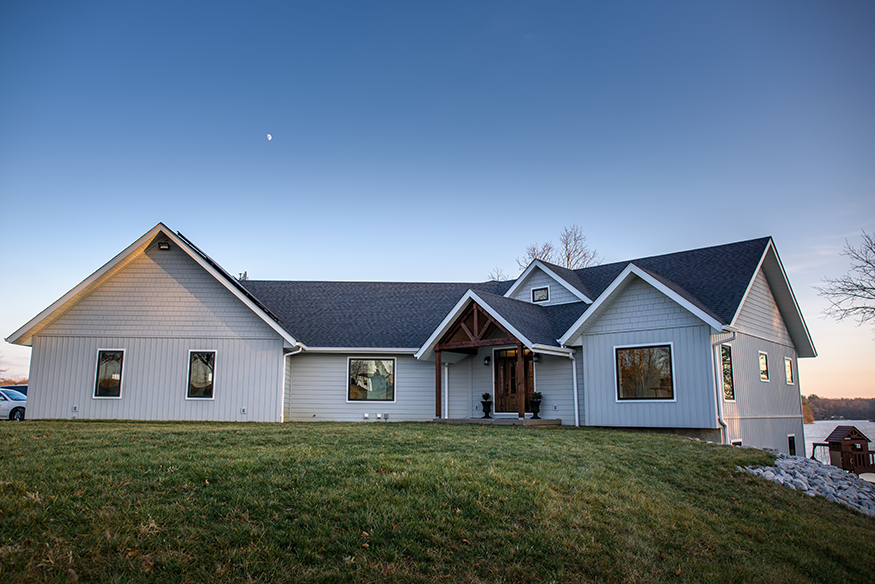Sweltering in the summer and freezing in the winter is all fun and games if you’re at the beach or hitting the slopes, but when you’re at home or work? Heck no! Even during those beautiful spring or fall days, you may run your heating, ventilation, and air conditioning (HVAC) system to improve indoor comfort. Traditional HVAC systems can get the job done, but they aren’t as efficient and durable as heat pumps.
At Supplied Energy, we understand air source heat pumps, including how they help homeowners, business owners, and property managers get lower utility bills and provide a valuable service offering for contractors who want to help their customers by installing air source heat pumps.

At Supplied Energy, we carry these air source heat pump brands because they give you what you want and deserve:
 |
 |
 |
 |
Are you an HVAC installer looking to expand your HVAC business with these leading heat pumps? Find out how today!
Become an Installer

Heat Pumps, Parts, and Accessories
We carry everything an air source heat pump installer needs — from refrigerant line sets and thermostats to outdoor units and indoor splits.
Can’t find what you’re looking for? Contact us today!
Understanding Air Source Heat Pumps
It’s important to understand heat pumps before you start a project, whether you need to replace your traditional system with an HVAC heat pump or are building a new energy-efficient home or commercial building.
-
What is a heat pump?
A heat pump is — and this probably isn’t a surprise — a system that pumps heat from one area to another.
What may come as a surprise is that a heat pump provides both heating and cooling using technology similar to a traditional air conditioner using refrigerant. The difference between an “old-school” air conditioner and a heat pump is that the heat pump has a reversing valve allowing it to deliver heat as well. Also, heat pumps can be used as an energy source for water heaters!
Heat pumps are appropriate for both residential and commercial buildings, with the needed capacity dependent on the size of the building and its load calculation.
The first question you’ll need to answer is whether you want an air source or a geothermal (aka ground source) heat pump. As the names imply, the difference between geothermal vs. air source heat pumps is where the heat is extracted from.
-
What is an air source heat pump?
Air source heat pump installations are common in residential settings. They are easy to visualize because they are all about the movement of one thing — air!
-
When should I use a heat pump?
Heat pumps are one way to have an energy-efficient home or building. In fact, installing a heat pump is one of the four steps to energy efficiency.
- Invest in proper insulation
- Install a heat pump
- Create your own power
- Store extra energy
In addition to being eco-friendly, a heat pump may help you save money on your utility bills. You may even be eligible for tax credits or rebates at the local (including from your utility provider), state, or federal level.
-
What are the components of this type of heat pump?
There are four major components of an air source heat pump: the outdoor unit, indoor unit(s), refrigerant, and the air distribution method. The refrigerant absorbs and releases heat as it cycles back and forth between the indoor and outdoor units. Let’s break it down.
Fans and motors are located in both the indoor and outdoor units and move air over evaporator and condenser coils that carry refrigerant, a liquid that absorbs and releases heat. These coils are where the heat exchange takes place.
-
What are the differences between a central air heat pump vs. a mini-split heat pump or multi-split system?
In a home with necessary existing ductwork, a single central unit contains the coils, and the fans and motors move the cooled or warmed air through the ducts throughout the home. If the home doesn’t have existing ductwork or the current ductwork doesn’t reach all areas of the home, a ductless system can be used.
A ductless mini-split heat pump system typically includes a single indoor unit, making it appropriate for small areas of a home. On the other hand, a multi-split heat pump uses two or more indoor units, giving the homeowner the flexibility to adjust heating and cooling in different zones.
-
Is this the best option for you?
It depends. You need to look at a variety of factors.
- What climate zone are you in?
- Does your home or building have existing ductwork?
- How much of your home or building needs to be heated/cooled?
- How much space is available on your property?
- What is your installation and operating budget?
For help determining the best option for you, reach out today and speak with one of our energy-efficiency experts; we’re happy to provide guidance on heat pump options and more! We’ll even provide a free design and quote for both a solar power solution and air source heat pump if you’d like.
-
How do I get an air source heat pump installed?
If you’re interested in adding an energy-efficient heat pump system to your home, we strongly recommend you use an installer who has the experience and products to properly install a heat pump system. That’s why we’ve put together a network of installers and support them with training resources and design services.
Reach out to us, and we’ll connect you to an installer (or more than one) in your area.
Ready To Move Forward With Air Source Heat Pumps?
Why Choose Supplied Energy?
Our team is dedicated to our mission:
To provide mutually beneficial, sustainable energy solutions that support our people and the communities we do business in, using our profits and influence to create a better tomorrow.

At every level of our company, we only make decisions after asking ourselves, “Will this better serve our customers?” Let us be your solution not only for air source heat pumps but also for:
- Geothermal Heat Pumps
- Water Heating
- Piping and Fabrication
- Power Products
- Energy Monitoring and Load Management
Find an Installer
If you’ve decided that air source heat pumps are the solution you want, we can help you get started by connecting you with an expert local to you.
Find an installer in your area today.
Join Our Installer Network
Do you offer HVAC services and want to join our installer network? We are a responsible company helping other companies like yours grow. If you’ve never installed heat pumps before, we will even go with you on your first few installations to make sure you’re comfortable with the products and the processes.
Learn how you can become an installer in our network today.



